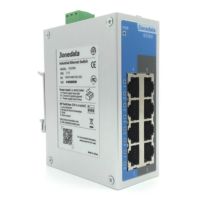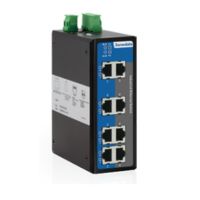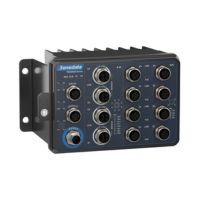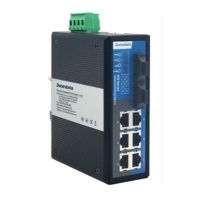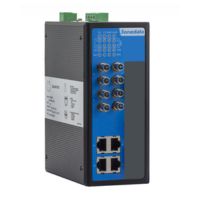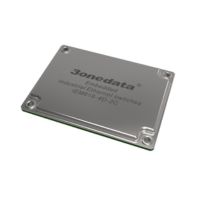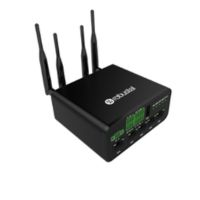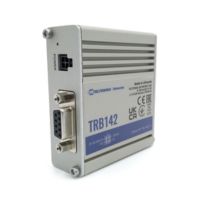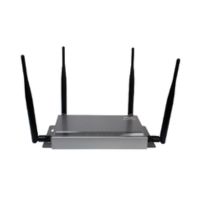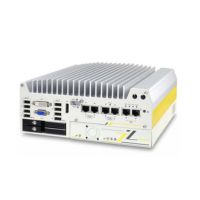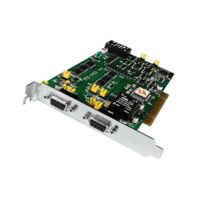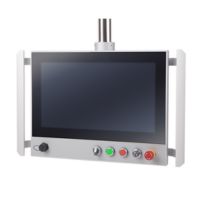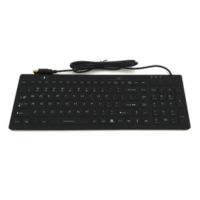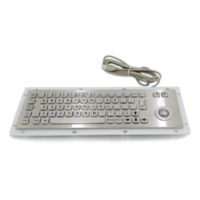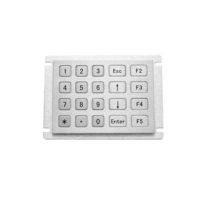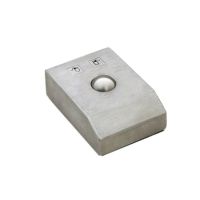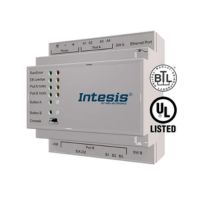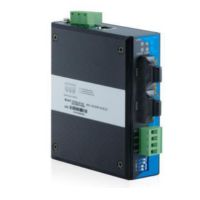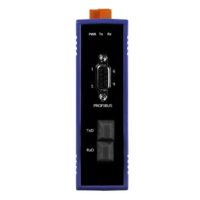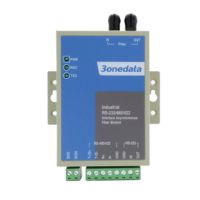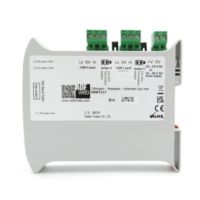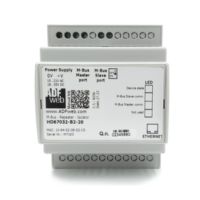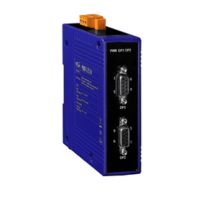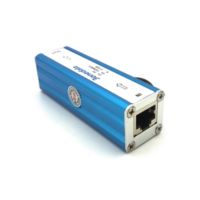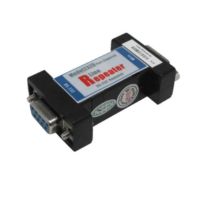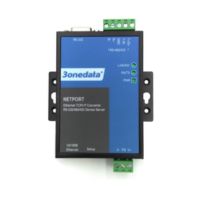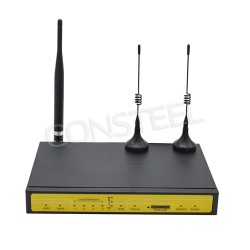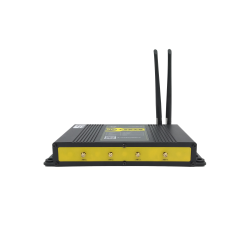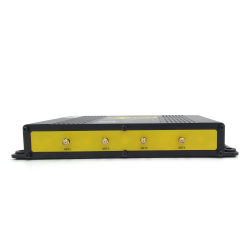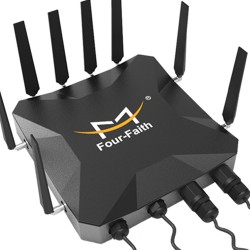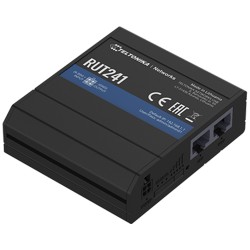What is interfering with the router?

Routers are key devices in our homes and offices, enabling access to the Internet and communication between various devices on the network, but what interferes with the operation of the router? Effective work may be disturbed by various factors. Understanding what can affect your router's performance is crucial to maintaining a stable and fast network. Below we present the most common reasons for what interferes with the router's operation.
What interferes with the router - the most important causes
1. Electromagnetic interference
Electronic Devices: Many electronic devices such as microwave ovens, cordless phones, and even other routers can cause electromagnetic interference. They operate on similar frequencies to Wi-Fi routers (2.4 GHz and 5 GHz), which leads to signal interference.
Walls and Obstacles: Thick walls, especially those made of concrete or metal, can significantly weaken the Wi-Fi signal. Any obstacle between the router and the receiving device can cause drops in network speed and range.
2. Wi-Fi signal interference
Other Wi-Fi networks: In densely populated areas such as apartment buildings, multiple Wi-Fi networks may interfere with each other. Signals from neighboring networks can overlap, leading to interference and performance degradation.
Wi-Fi Channels: Routers operate on different Wi-Fi channels. If several networks use the same channel, this may lead to interference. Therefore, it is important to choose the least crowded channel.
3. Configuration and software problems
Outdated software: Your router's software, known as firmware, should be updated regularly. Outdated firmware may contain bugs and security vulnerabilities that can affect the performance and stability of the router.
Improper configuration: Improper router settings, such as incorrect Wi-Fi channels, lack of security, or incorrect network parameters, can lead to network problems.
4. Network congestion
Too many connected devices: Routers have a limited number of devices they can support at one time. Too many connected devices can overload your router, resulting in decreased internet performance and speeds.
Bandwidth-intensive applications: Streaming high-definition video, online gaming, or downloading large files can significantly consume your network, especially if several devices use these services at the same time.
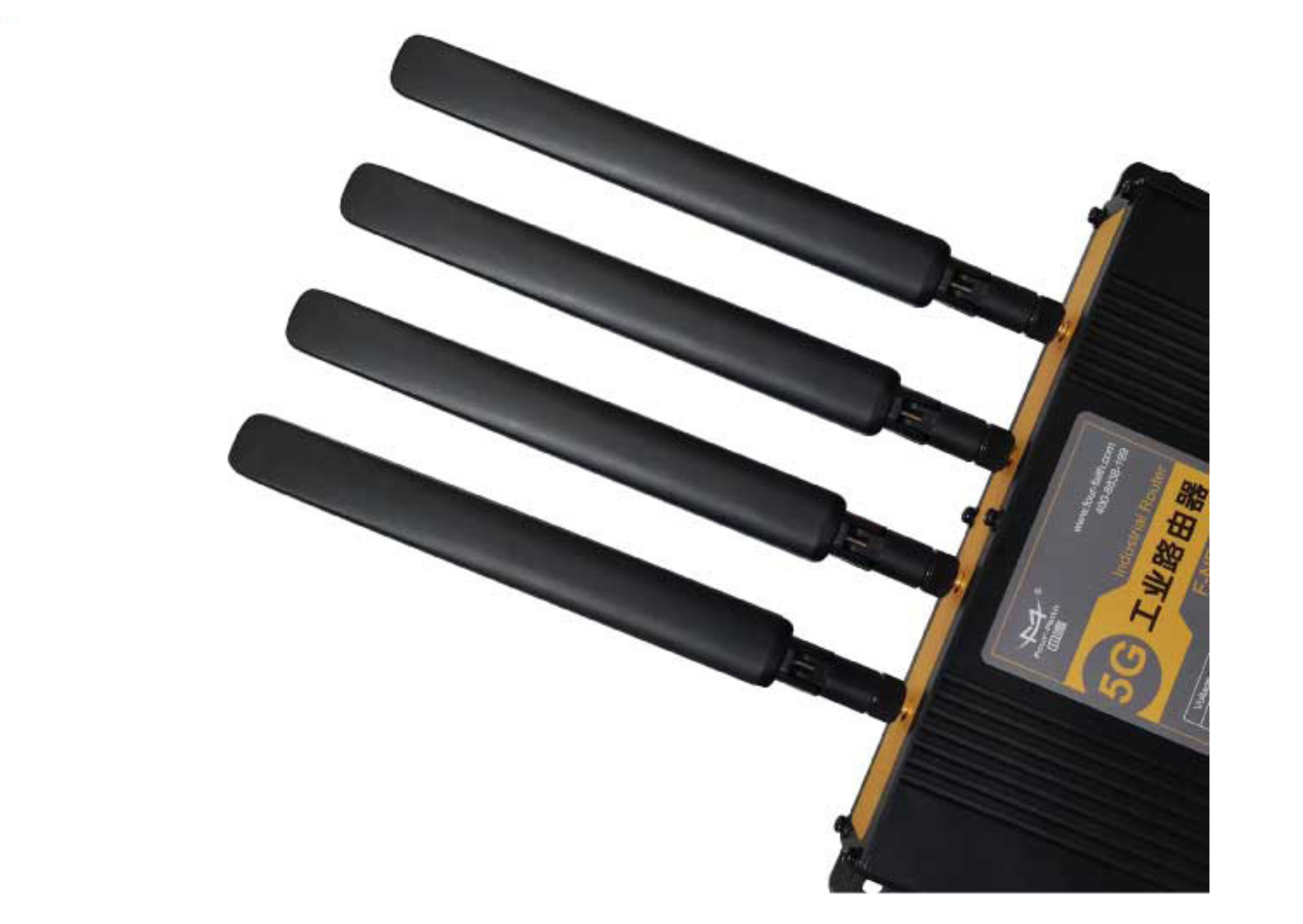
5. Internet Service Provider (ISP) Problems
Outage or maintenance: Sometimes connection problems may be due to an outage or maintenance by your ISP.
Bandwidth Limitations: Some ISPs may impose bandwidth limits based on your data usage, which may affect your Internet speed.
How to improve the performance of your router?
Relocating the router: Place the router in a central location in your home or office, away from potential sources of interference and physical obstructions.
Software Update: Regularly check for and install router firmware updates.
Change Wi-Fi Channel: Use Wi-Fi analysis tools to find the least crowded channel and adjust your router settings.
Device management: Limit the number of devices connected to your Wi-Fi network at one time and turn off devices that are not in use.
Using signal boosters: If you have a large home or office, consider using signal boosters, repeaters, or Wi-Fi mesh systems to ensure even signal coverage.
To summarize, what disturbs the routerwork are many factors that can cause interference. Identifying and eliminating these interferences can significantly improve the performance and stability of your Wi-Fi network, ensuring a smooth and reliable internet connection.

